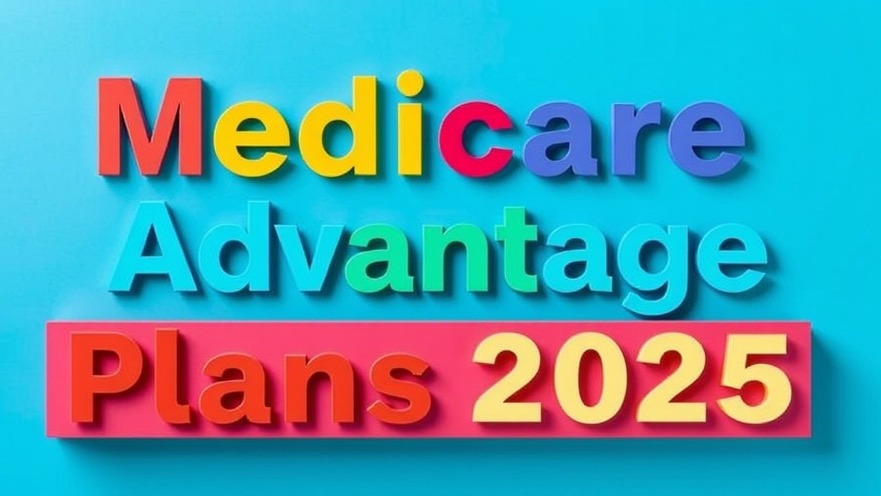
Transforming Primary Care: A Necessary Shift
As healthcare professionals and patients alike look toward the future, recent changes proposed by the Centers for Medicare & Medicaid Services (CMS) have the potential to reshape the landscape of primary care. With the new rules set to impact physician payments for the 2026 Medicare Physician Fee Schedule, it’s time to dissect what this could mean for primary care providers, patients, and overall healthcare costs.
Enhancing Payments for Primary Care
The shift to potentially increase payments for primary care while cutting back on many specialty payments is a bold move. This could rebalance the historical inequity in compensation between specialties, where primary care physicians often feel undervalued despite their critical role in patient health. By exploring insights from healthcare reporting, including reputable sources like the New York Times, we can appreciate the depth of these changes.
The Importance of Accurate Data in Physician Payments
A key proposal includes updating the data used to calculate payments. This modernization involves utilizing surveys from the American Medical Association that delve into a physician's workload and associated practice expenses. Correcting outdated payment frameworks is essential; it recognizes the time and cognitive labor involved in primary care. If applied carefully, these changes could lead to a recognition of primary care's value, focusing on continuity and complexity management.
Understanding the Declining Medicare Conversion Factor
While pay increases for some are promising, the concurrent decline in the Medicare conversion factor raises concerns. For 2026, the proposed conversion factor will drop to $32.36 from $33.15. This continuous decline not only diminishes the overall value of Medicare reimbursements but also presents a significant challenge for primary care practices operating with slim margins. Addressing these financial pressures is critical for enhancing care delivery and accessibility.
Factoring in Care Management Codes
CMS has proposed a significant expansion of codes related to longitudinal care management—integral for patients with chronic conditions. While adding new codes for chronic care management and behavioral health is a step forward, it simultaneously introduces a layer of complexity that could overwhelm smaller practices. A balance must be struck: the focus should be on simplifying processes rather than merely expanding documentation requirements.
Is There Hope for Specialty Care Models?
Interestingly, the new Ambulatory Specialty Care Model offers a tailored approach for specialists managing complex conditions. This model introduces bundled payments and quality assessments, which, if executed thoughtfully, may improve care coordination across specialties. This could enhance the patient experience and potentially lead to cost savings—benefits that resonate deeply in today's healthcare dialogue.
Telehealth: The Future of Treatment
Amidst these changes, increased support for telehealth continues to be a focal point. As we see a gradual shift towards integrated care involving technology, efforts to streamline supervision through telehealth promise not only greater accessibility but also pave the way for comprehensive patient management.
Concluding Insights: The Future of Primary Care
As we navigate these proposed changes, it’s clear that while some reforms hold promise, the path is fraught with challenges. For primary care to thrive, careful implementation and ongoing dialogue with stakeholders—including physicians and patients—are imperative. The call to action hinges on how we, as a society, value and advocate for primary care.
Take Action: Advocate for Meaningful Change in Healthcare
Stay informed and involved in the ongoing dialogue about healthcare reforms. The changes proposed by CMS have the potential to shape the future of primary care significantly. Engage with your healthcare providers, understand these reforms, and advocate for policies that support equitable and accessible medical care for all.
 Add Row
Add Row  Add
Add 




Write A Comment